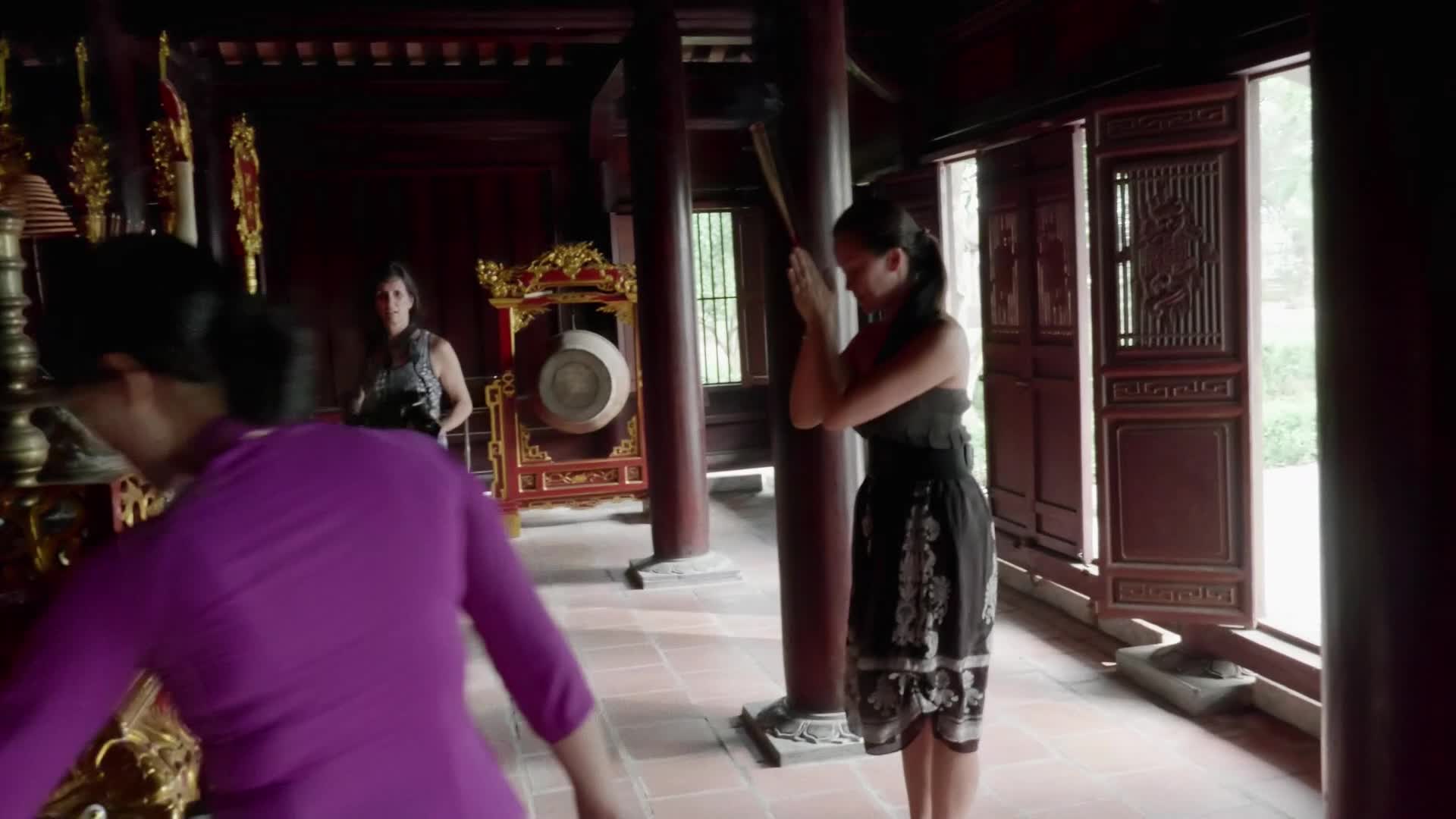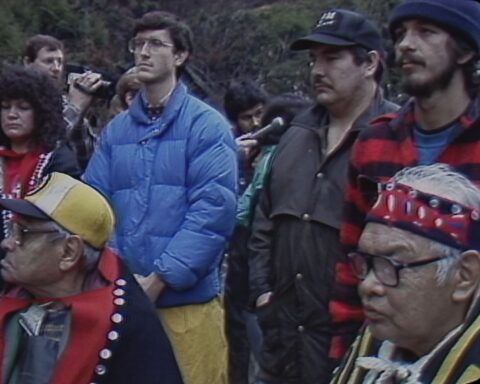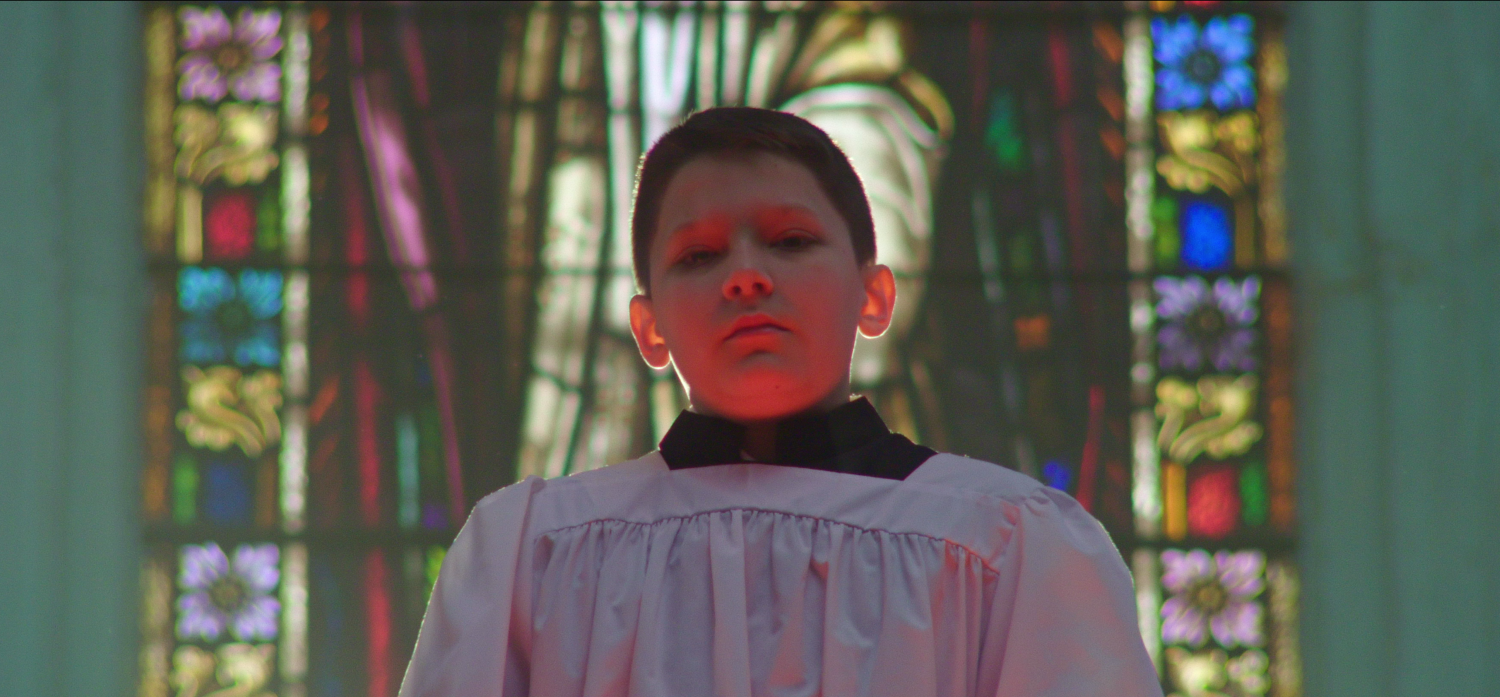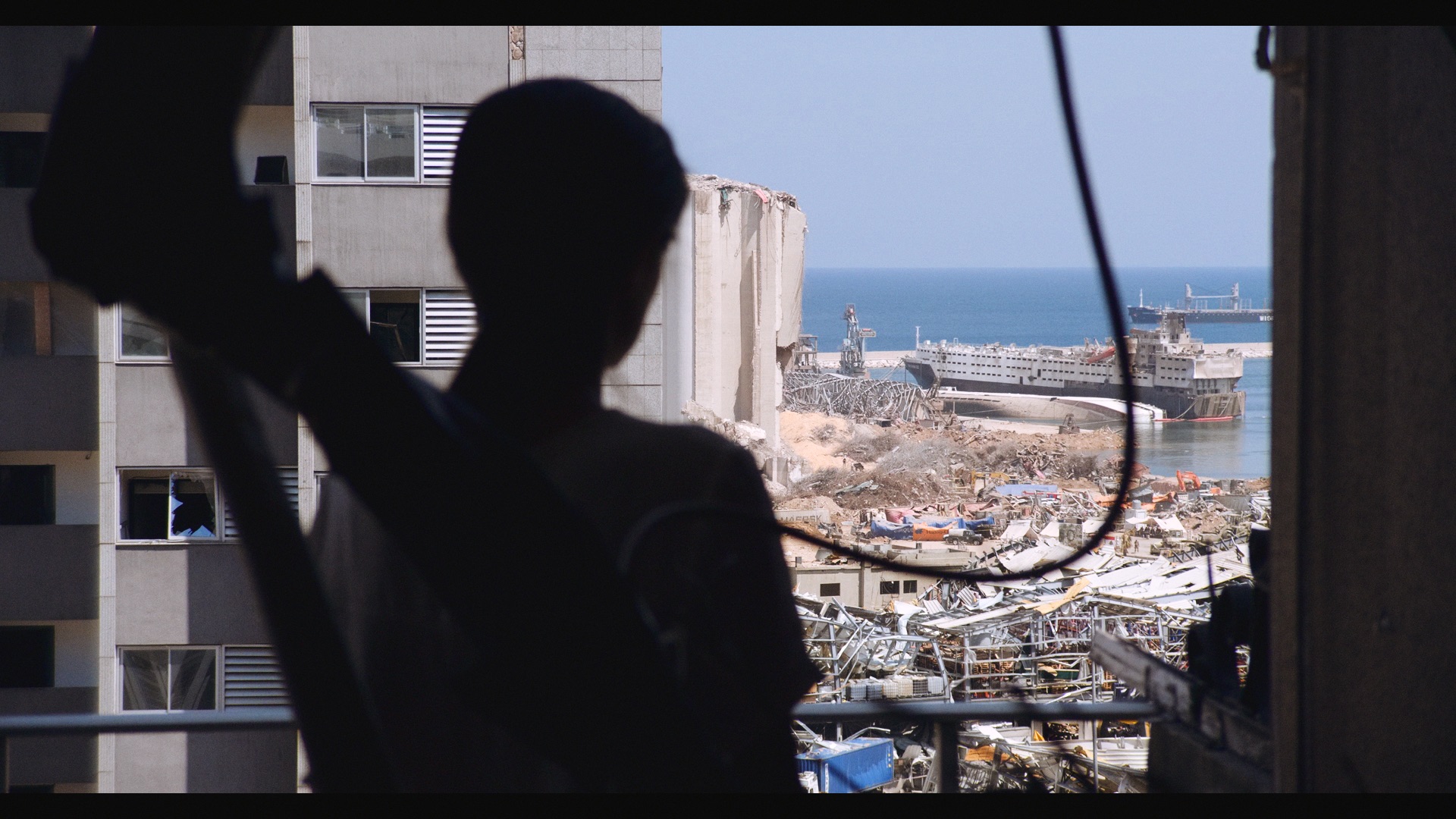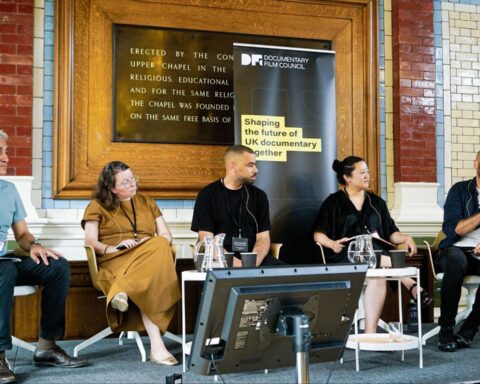Si vous aimez les documentaires, notez Cinefranco ! Toronto’s francophone festival returns today with a mix of theatrical and online screenings to unite Canucks through the nation’s two official languages. This year’s festival kicks off with a screening at Hot Docs Ted Rogers Cinema featuring the doc Coming Home: Beyond a Moonless Night. The film is a follow-up to the award-winning doc A Moonless Night: Boat People, 40 Years Later. Filmmakers Marie-Hélène Panisset and Thi Be Nguyen will be in attendance for a Q&A.
Here’s a round-up of some of the documentary highlights at Cinéfranco this year, including the opening doc.
Coming Home: Beyond a Moonless Night
In theatre: Oct. 26
In 2016, Thi Be Nguyen retraced the stories of people who came to Canada amid exodus of Vietnamese refugees who became known as “boat people” when they landed in Quebec. Nguyen reteams with filmmaker Marie-Hélène Panisset to explore the other side of the story: the perspectives of people who stayed. Nguyen and Panisset make a pilgrimage to Vietnam where they interview a generation of citizens who grew up under the shadow of a communist government. Where the previous film observes the challenges of integrating into Canadian society, Coming Home considers the implications of resilience and staying true to one’s home and identity in the face of oppressive influences. This thoughtful film offers candid conversations about identity and belonging. There’s a clear sense of healing and closure from both sides of the production.
Cinéfranco will screen Moonless Night as part of its virtual selections for audiences who haven’t seen the original doc.
Stuck
In theatre: Nov. 1
Stories from the pandemic have, understandably, focused primarily on the efforts of frontline workers, the outbreak in Wuhan, and Trump’s mishandling of the ordeal. Now that the first wave of COVID-19 docs is (hopefully) over, here comes the second. Stuck is one of two COVID flicks screening at Cinéfranco and they might actually make an intriguing double bill for audiences looking for windows into the socially-distanced world. This doc by Joanne Belluco considers the lives of artists. Stuck documents the efforts of eight Francophone Canadian artists and observes how they adapted as the COVID-19 pandemic devastated the creative community. With theatres, cinemas, music halls, and galleries shuttered, Stuck shows how artists, well, got creative in a time of crisis.
First Wave
Online
Billed as a docudrama, but really just a drama intercut with news footage, First Wave is a collective effort by several Montreal filmmakers to tell stories from the pandemic. Max Dufaud, Kevin T. Landry, Reda Lahmouid, and Rémi Fréchette director this film that sees the lives of Montrealers transformed by lockdown. Quebec premier François Legault appears on the news and talks of a new virus for which the province must brace itself. The stories in First Wave are united by the footage that quickly captures their attention and the province undergoes as three-week “pause”—the first of many measures to control the spread. First Wave illustrates the ways in which filmmakers passed the time during lockdown by shooting shoestring shoots and solo efforts, but the collective nature of the project evokes the real struggles that Canadians faced during the first wave, and the ways in which new communication and creative pursuits united us.
The Last Villains: Mad Dog and the Butcher
Online
The doc portrait of a Canadian wrestling dynasty gets a Toronto encore via Cinéfranco. The Last Villains tells the story of the Vachon family, who gained an international spotlight (and a bit of notoriety) as brothers Maurice “Mad Dog” and Paul “The Butcher” traded blows in the ring. Only Paul remains and the film observes as he reflects upon his career as he approaches his 80th birthday. “The Butcher offers few regrets in The Last Villains and this character study is less a eulogy and more an extension of Vachon’s memoir,” I wrote while reviewing the film at the Canadian Film Fest. “The film shares the family’s story in the same cadence of unsentimental frankness with which Vachon tells the tale. This is an old-stock doc portrait that doesn’t pull any punches.”
The Forgotten Women of the Great Lakes
Online
Brampton’s Joseph Bitamba offers a powerful study of sexual violence in this tough doc. The Forgotten Women of the Great Lakes confronts the role and weaponization of rape during wartime. As the Burundi-Canadian filmmaker takes audiences through Burundi, Rwanda, and the Democratic Republic of Congo, the film shares perspectives of survivors. Bitamba gives voice to the women who refuse to be faceless, forgotten statistics in a silent war. It’s not an easy film to watch, but The Forgotten Women of the Great Lakes brings perspectives that have been overlooked in the growing conversation about sexual violence post-#MeToo.
Cinéfranco screens at Hot Docs Ted Rogers Cinema and online Oct. 26 to Nov. 2.
Please check their website for the full list and screening locations/availability.




